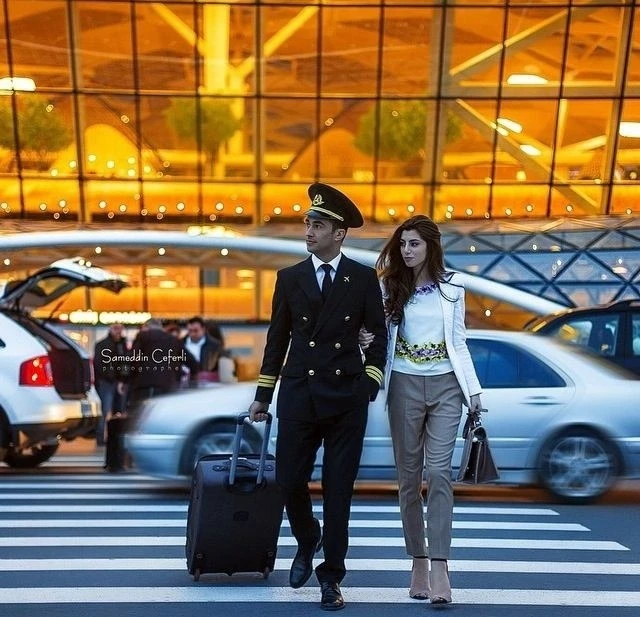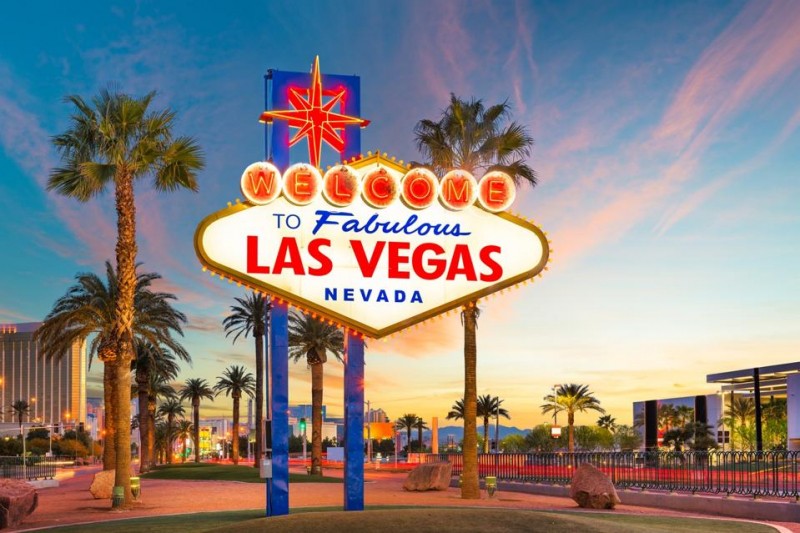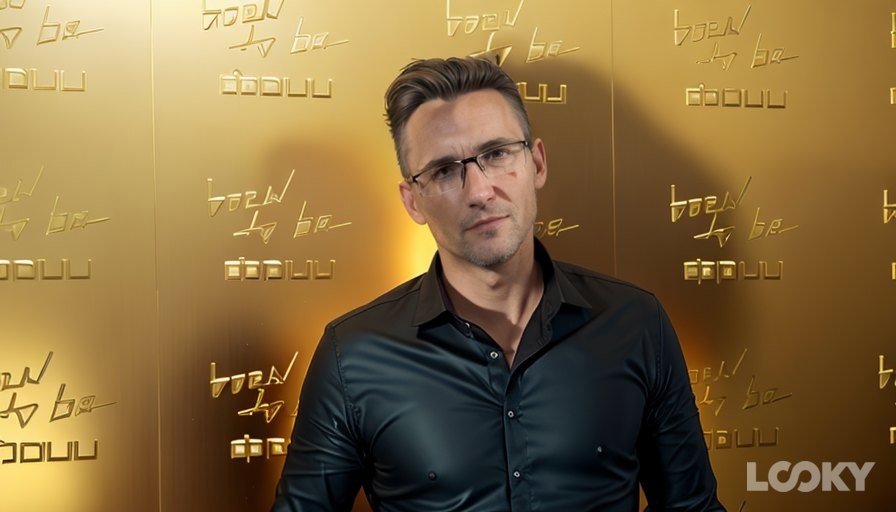Las Vegas Tourism Trends in Nevada, USA at the Welcome to Las Vegas Sign at Dusk
Visiting Las Vegas, Nevada, USA this week, I explored the vibrant Grand Prix Plaza, a thrilling Formula One experience. My son and I debated whether it was 108 or 110 Fahrenheit as we left the cool 60-degree casinos for the sizzling streets.
Yet, the heat doesn’t dim the allure of Las Vegas. Despite signs of an economic slowdown, with 58 empty seats reported on our Southwest flight, the rideshare lot buzzed with activity. The MGM Grand was surprisingly packed, hosting a convention with attendees, their families, and partners in tow.
The tourism dip in Las Vegas, Nevada, USA isn’t just weather-related. In June 2024, the city welcomed 3,490,600 visitors, but by June 2025, numbers fell to 3,094,800, an 11.3% year-over-year decline. Year-to-date, occupancy dropped from 84.4% through June 2024 to 82.0% in 2025.
Convention attendance, however, saw a slight uptick in 2025, rising from 3,191,100 visitors through June 2024 to 3,237,500 in 2025, a 1.5% increase. These visitors are valuable, spending about 3.5 times more than leisure hotel guests, boosting the local economy.
In 2024, direct visitor spending in Las Vegas, Nevada, USA reached $55.1 billion, with a total economic impact of $87.7 billion, underscoring the city’s financial significance.
An 11.3% visitor drop in June 2025 compared to June 2024 raises eyebrows, potentially impacting the 41.7 million visitors or 6 million convention-goers of 2024. Caesars Entertainment’s CEO noted a “soft summer” on a recent earnings call.
Media outlets like the NY Post claimed, “Las Vegas tourism is sinking — and younger Americans could be to blame,” while Fox called it an “experience of the past,” echoing social media sentiments.
I expected to hear the nostalgic refrain, “Things were better when the Mob ran Vegas,” but it was absent.
Factors like a weaker economy and online gambling, legal in over half of U.S. states, contribute. Gen Z and Millennials reportedly prefer betting from home over traveling to Sin City.
Nevada’s casino industry, including MGM Grand, adapts by engaging in online gambling and promoting a luxurious experience to compete with local casinos, from Indian gaming to Atlantic City and beyond.
Historically, Las Vegas casinos earned 75% of revenue from gambling in the 1950s–1990s. Today, gaming is just 25%, with entertainment, lodging, dining, and retail driving 75%. Even coffee is a profit center—expect a $10 Starbucks downstairs.
Social media portrays Las Vegas as a fading Boomer haven, less appealing to younger crowds. A 2023 Gallup survey noted only 62% of under-35 adults drink occasionally, hinting at a declining drinking culture.
High costs for dining, nightlife, and shows, plus no free parking and less favorable gambling odds, fuel complaints. Blackjack’s 6:5 payout, once 3:2, irks players.
But here’s the truth: like Broadway, Las Vegas will endure.
The city weathered Covid, closing casinos for 78 days in 2020, costing Nevada’s 219 major casinos $6.2 billion—a 25.2% drop. Over 25,000 workers lost jobs, and unemployment hit 33.4%. Yet, Las Vegas rebounded with billions in visitor spending.
This week, Cirque du Soleil’s KA show had 80% occupancy. Streets teemed with Eastern European tourists and Americans. At New York New York, we played blackjack with young convention-goers from Victorville, CA, drawn to the tables.
The MGM Grand, with over 5,000 rooms, buzzed with conventioneers and families clogging elevators to the lazy river. Restaurants, from food courts to Luchini’s and Netflix Bites, were packed.
Renovated rooms offered views, fridges, and comfort. Clean sheets appeared magically, a touch some luxury hotels overlook. KA’s universal appeal needed no English, and friendly dealers, including a pit boss who let us play $10 hands at a $15 table, extended our fun.
Sports like the WNBA’s Vegas Aces, NFL’s Las Vegas Raiders, NHL’s Golden Knights, and upcoming MLB Athletics, plus the Formula 1 race and The Sphere, will keep drawing crowds.
Is the tourism dip a blip or a trend? Las Vegas, Nevada, USA has reinvented itself before and will again.


